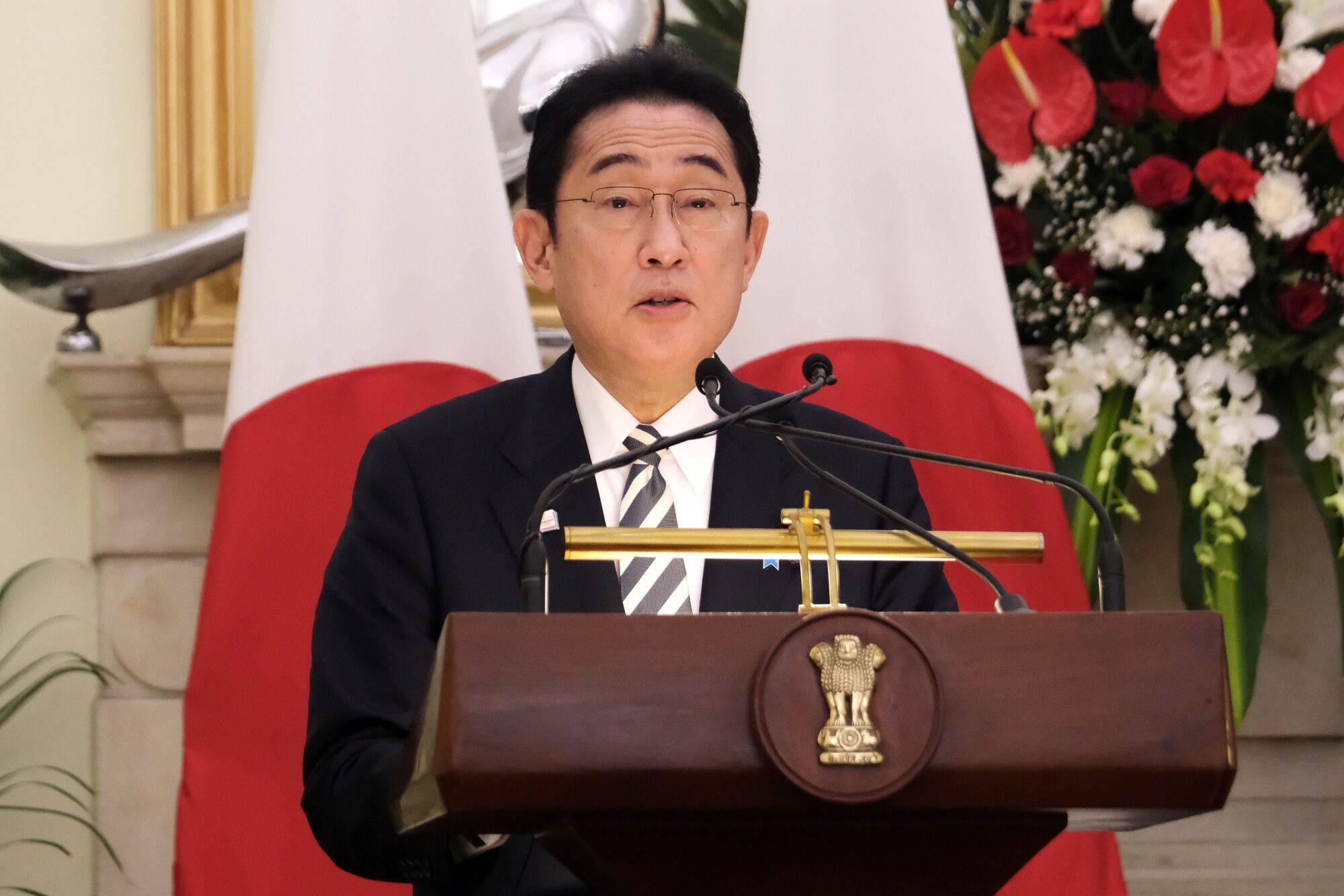Prime Minister Fumio Kishida has announced a plan to further promote Japan’s vision of a “free and open Indo-Pacific” (FOIP) as Tokyo looks to expand support for emerging economies in line with an approach focused on bolstering a rules-based international order.
“From (the Association of Southeast Asian Nations) and the Pacific island countries to the Middle East, Africa and Central and South America, we will further expand the circle of countries that share the vision of FOIP and promote initiatives in the spirit of co-creation,” Kishida said in a speech Monday at a New Delhi think tank, following a meeting with Indian Prime Minister Narendra Modi.
During the talks, the two leaders agreed to work together toward the success of the Group of Seven and Group of 20 summits that Japan and India are set to host, respectively, later this year.


















With your current subscription plan you can comment on stories. However, before writing your first comment, please create a display name in the Profile section of your subscriber account page.